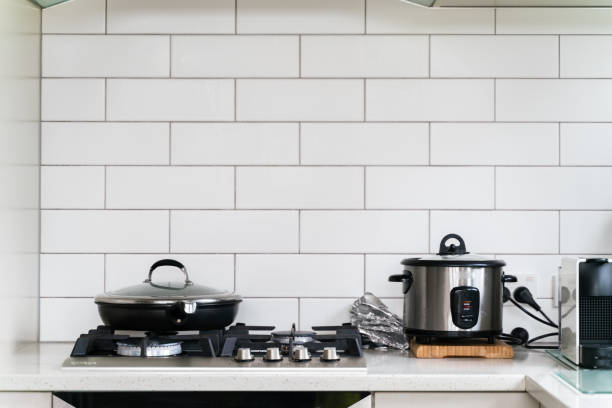Selecting the right central air conditioning system is a significant decision that impacts your home’s comfort, energy efficiency, and long-term utility costs. Unlike window units or portable coolers, central air conditioners provide whole-house cooling through a network of ducts, offering consistent temperatures and improved air quality. To make an informed choice, homeowners must consider factors such as system size, energy efficiency ratings, installation requirements, and budget. A well-chosen system ensures optimal performance while minimizing environmental impact and operational expenses.
One of the most critical factors in selecting a central air conditioner is determining the correct size for your home. An undersized unit will struggle to cool your space, running continuously and driving up energy bills, while an oversized system will cycle on and off too frequently, leading to uneven temperatures and excessive wear on components. A professional HVAC technician can perform a load calculation, taking into account your home’s square footage, insulation quality, window orientation, and local climate to recommend the appropriate capacity, measured in British Thermal Units (BTUs). Energy efficiency is another essential consideration, as it directly affects operating costs and environmental footprint. The Seasonal Energy Efficiency Ratio (SEER) measures a system’s cooling output relative to its energy consumption, with higher ratings indicating greater efficiency. Modern units typically range from SEER 14 to SEER 25, with premium models offering advanced features like variable-speed compressors that adjust cooling output to match demand. Investing in a high-efficiency system may have a higher upfront cost but pays off over time through lower utility bills and potential tax incentives or rebates. The type of refrigerant used in the system is also important, as older refrigerants like R-22 are being phased out due to environmental concerns. Newer systems use R-410A or R-32, which are more eco-friendly and comply with current regulations. Additionally, features such as programmable thermostats, zoning capabilities, and smart home integration allow for precise temperature control and further energy savings. Installation quality is just as crucial as the equipment itself. A poorly installed system can lead to air leaks, reduced efficiency, and frequent repairs. Hiring a licensed and experienced HVAC contractor ensures proper sizing, ductwork sealing, and refrigerant charging, maximizing the system’s lifespan and performance. Choosing the right central air conditioner involves balancing performance, efficiency, and cost. By prioritizing proper sizing, energy ratings, and professional installation, homeowners can enjoy reliable comfort for years while keeping energy consumption in check. A well-selected system not only enhances daily living but also adds value to your home.



